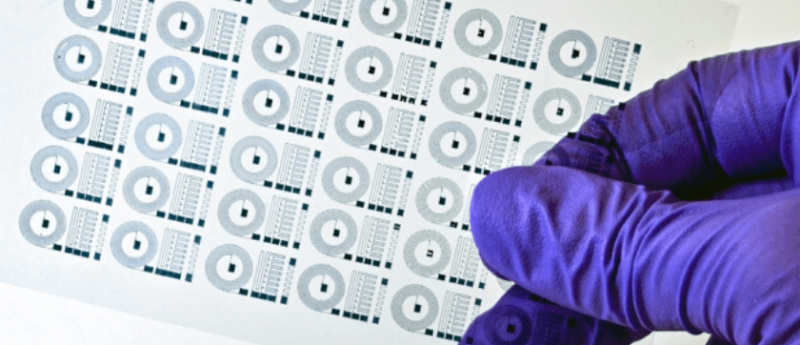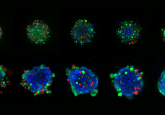Nanofibers make for soft, flexible and more conductive neural implants

Engineers from Massachusetts Institute of Technology (MIT; MA, USA) have developed neural implants, which are soft and flexible, to replace existing metal-based electrodes for the monitoring and treatment of brain diseases.
The neural implants are made from an electrically conductive polymer that exists in a liquid state and fabricated using a mix of water and nanofibers. It is these nanofibers that give the polymer its conductive properties.
As the polymer cannot be used in a liquid form in the 3D printer to form the flexible implants, the team experimented with the nanofibers to form hydrogels with a toothpaste-like consistency that could be used in the 3D printer.
The hydrogel’s ionic properties and nanofibrous structure mean the whole volume of the electrode produced is active, making it more sensitive than existing metal electrodes.
For the full news story, see our sister site, Neuro Central here.





